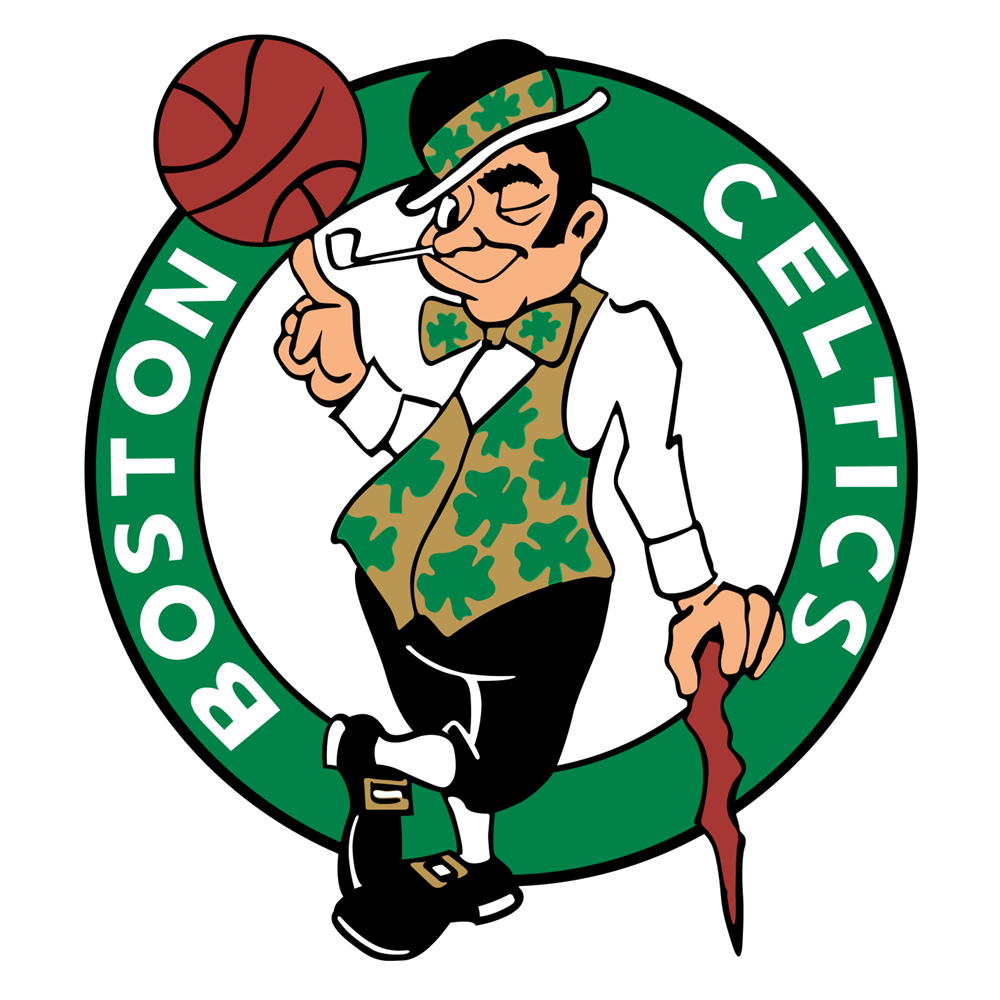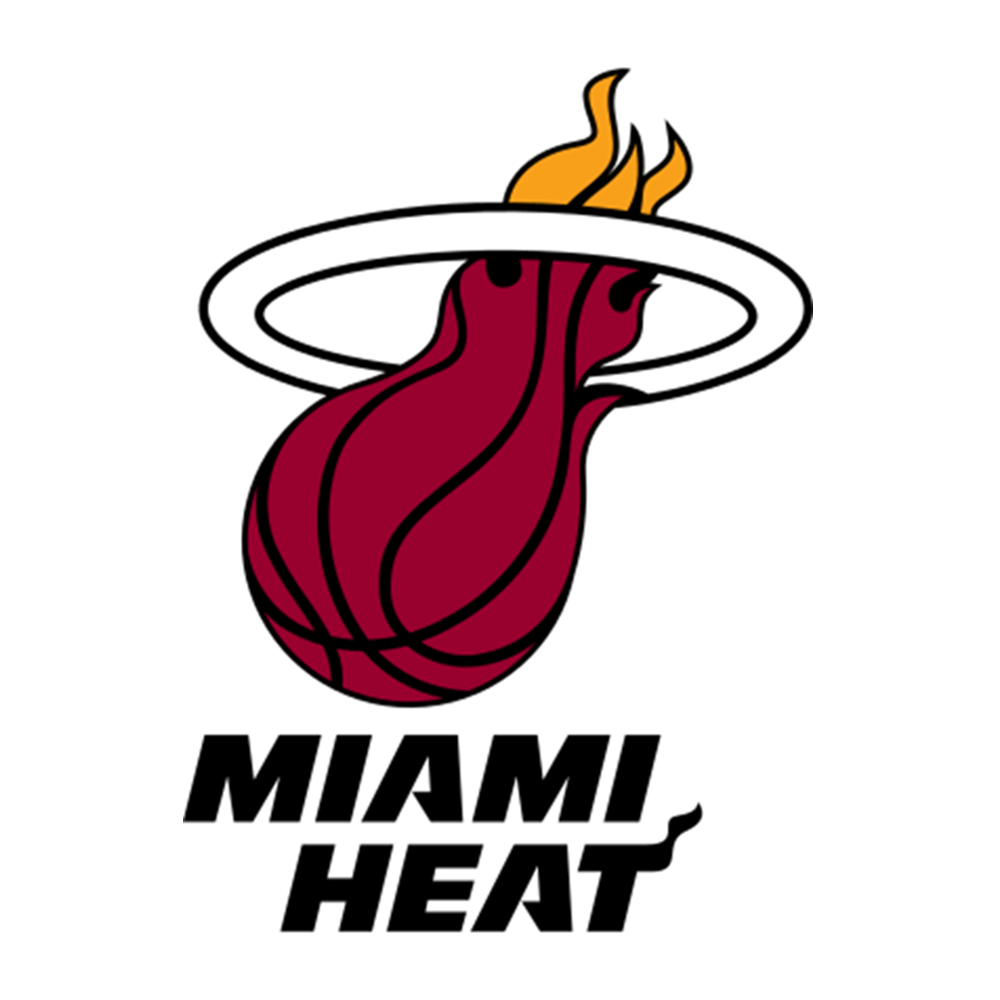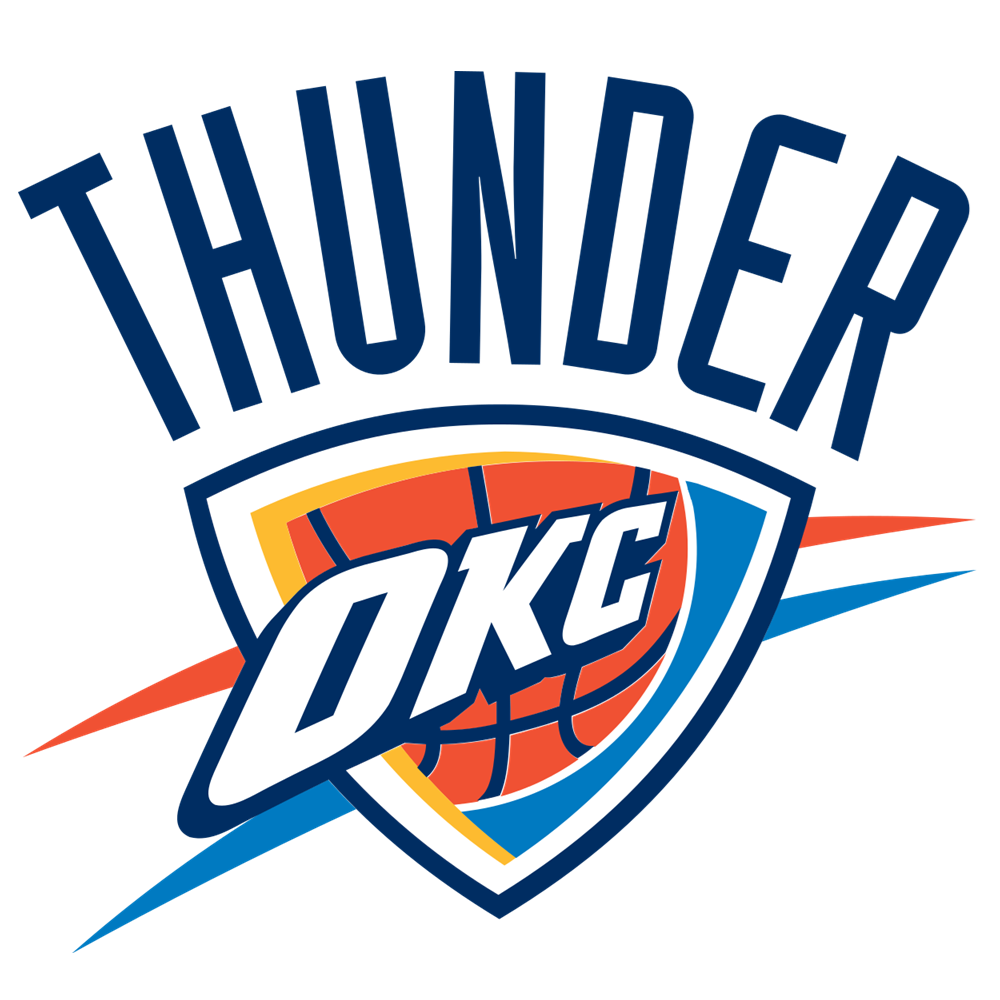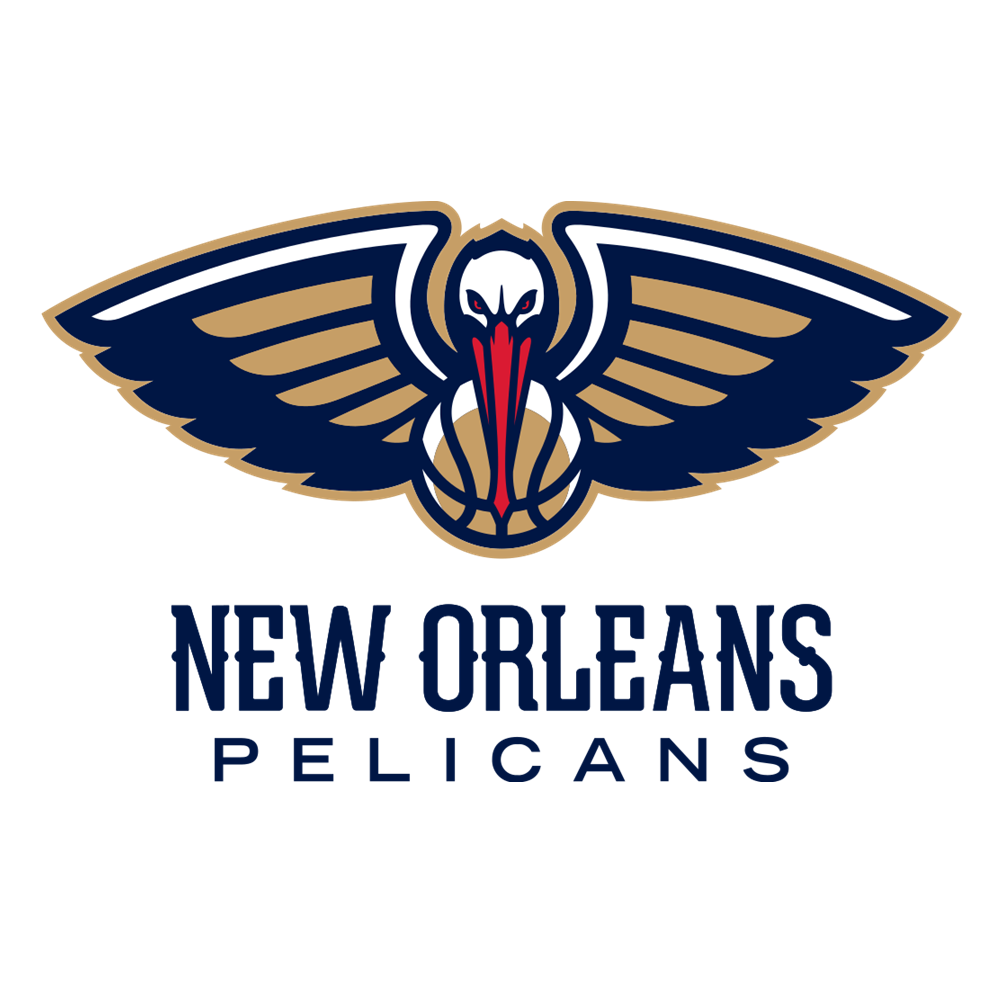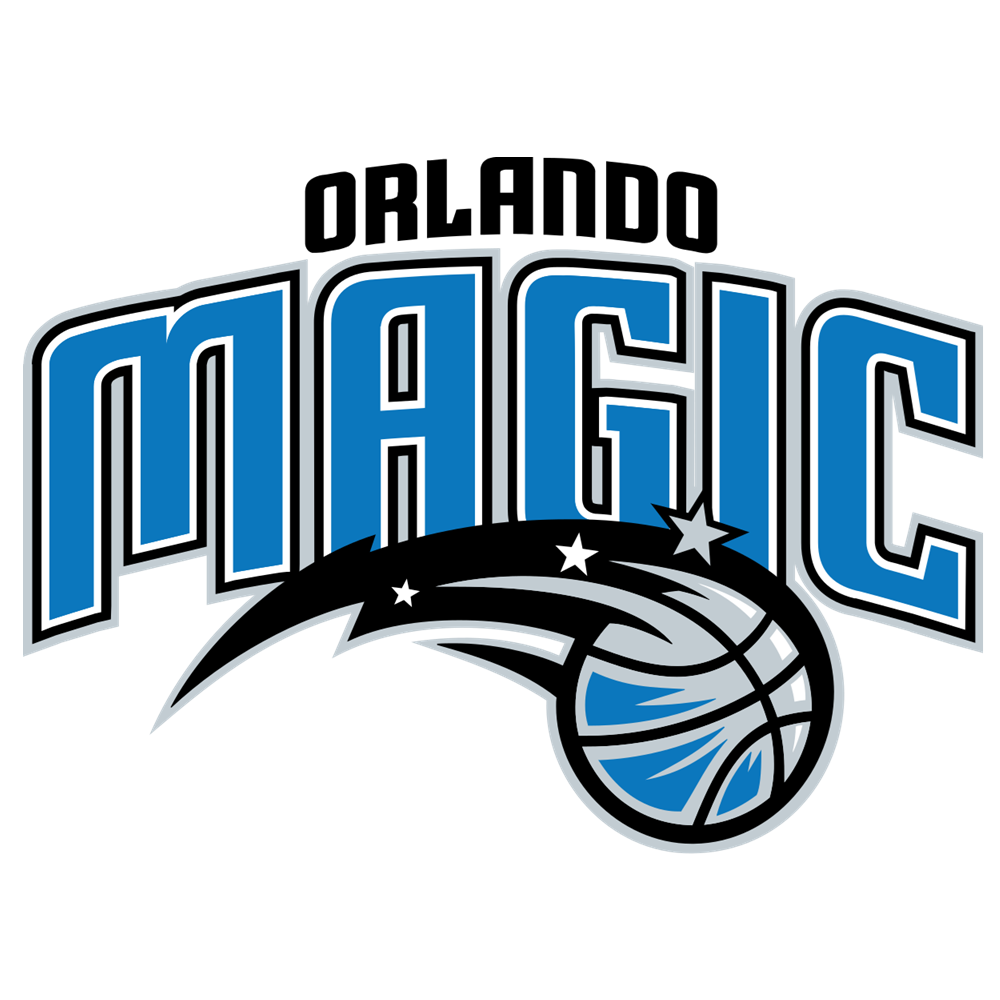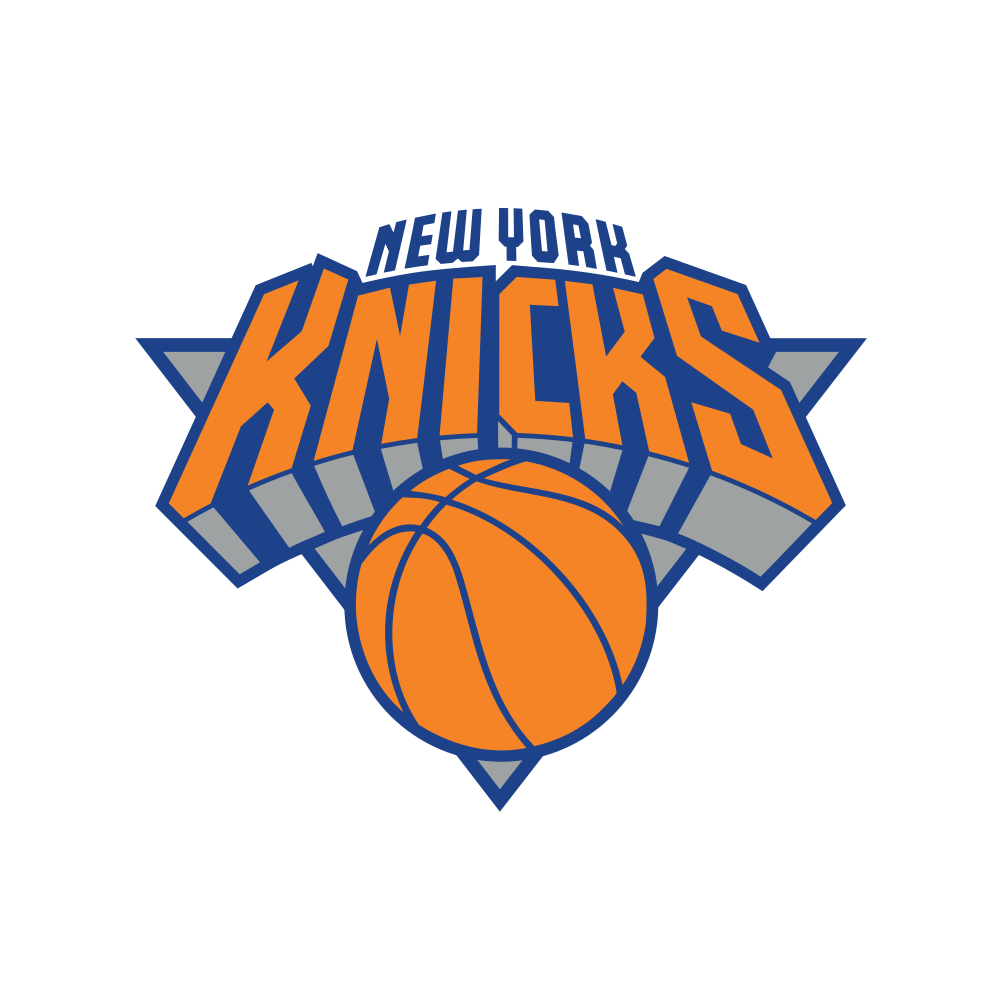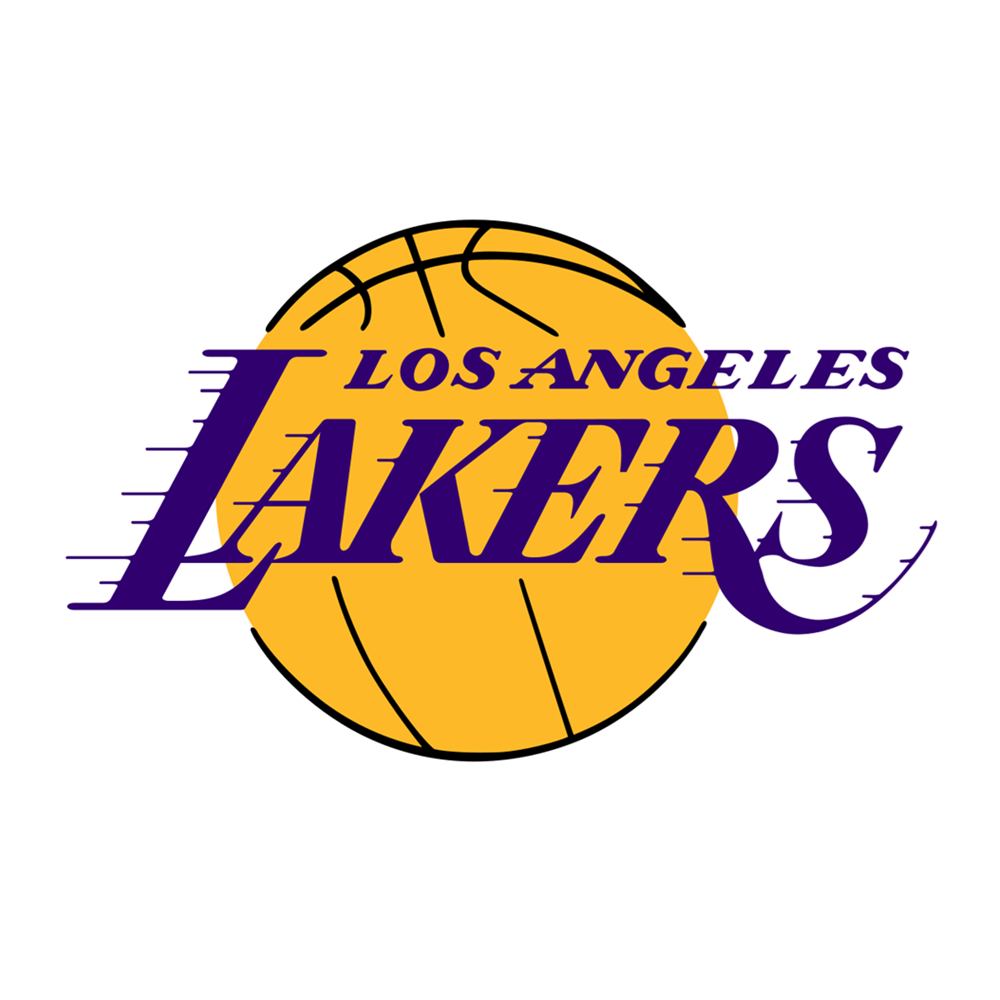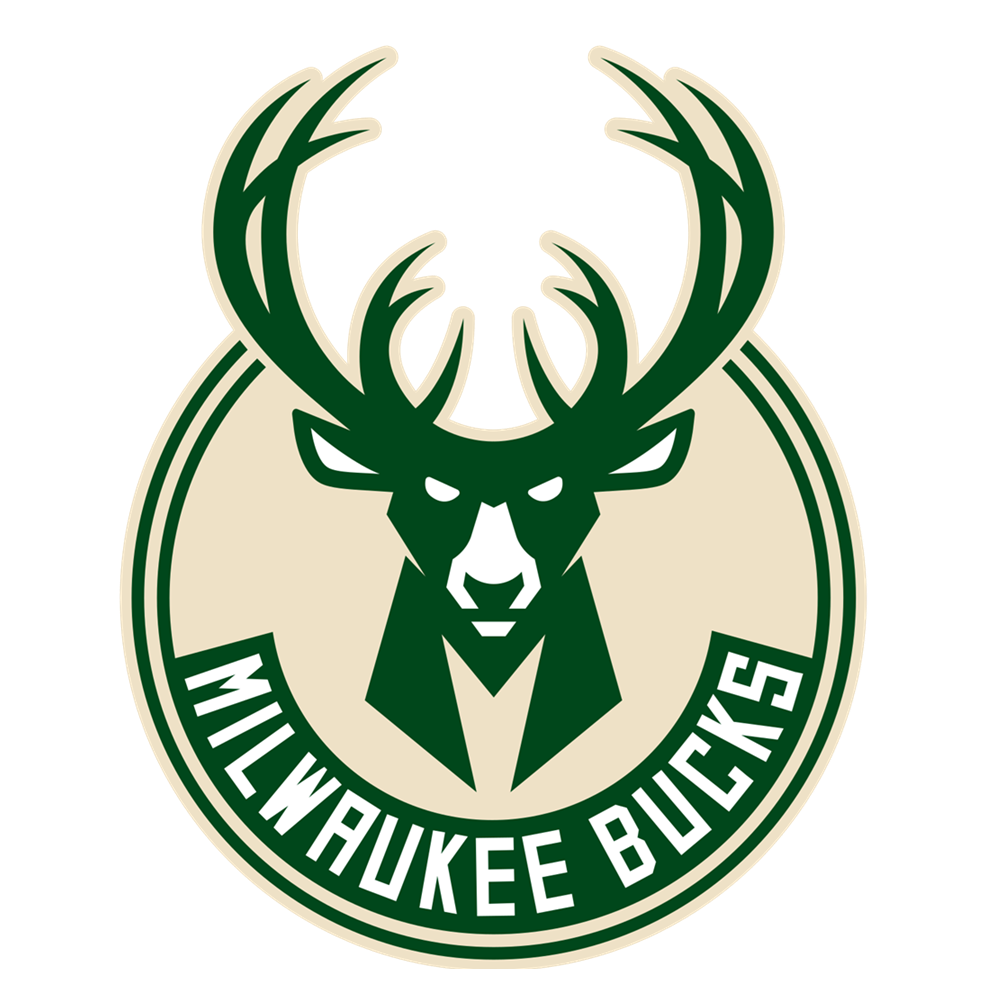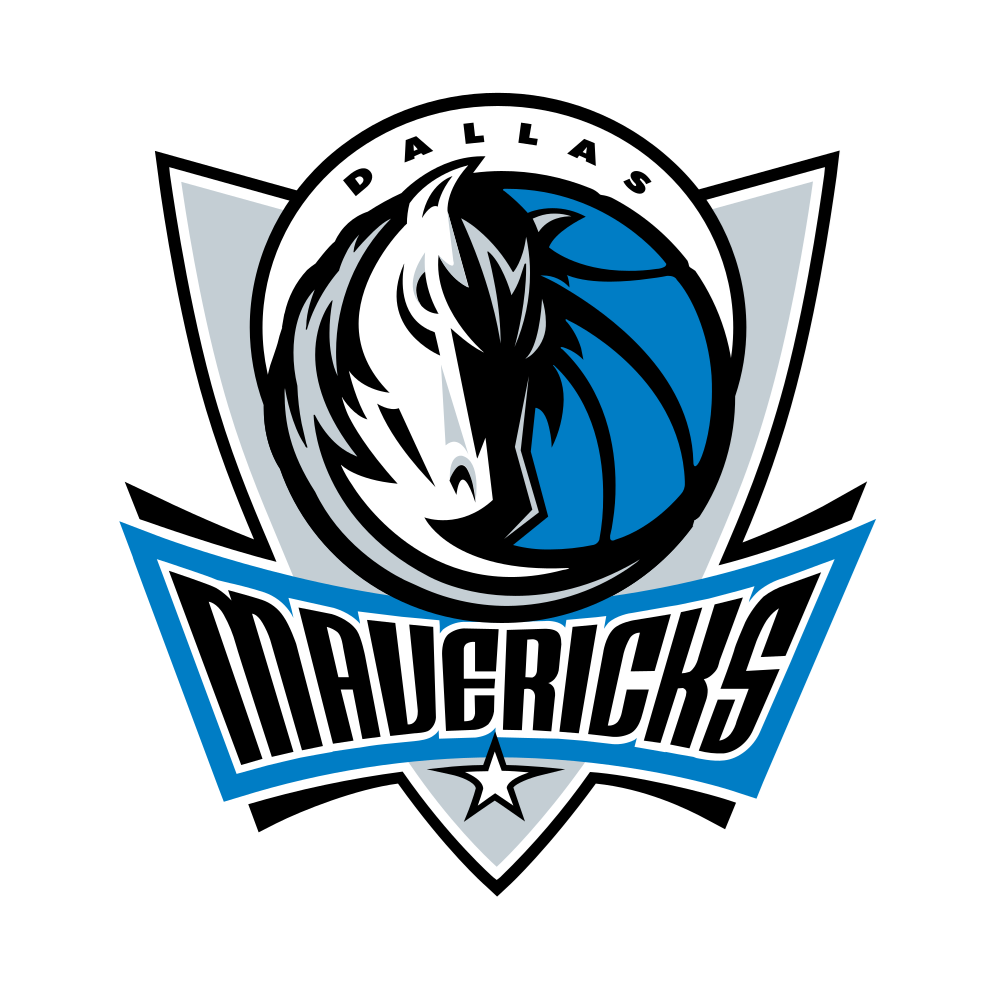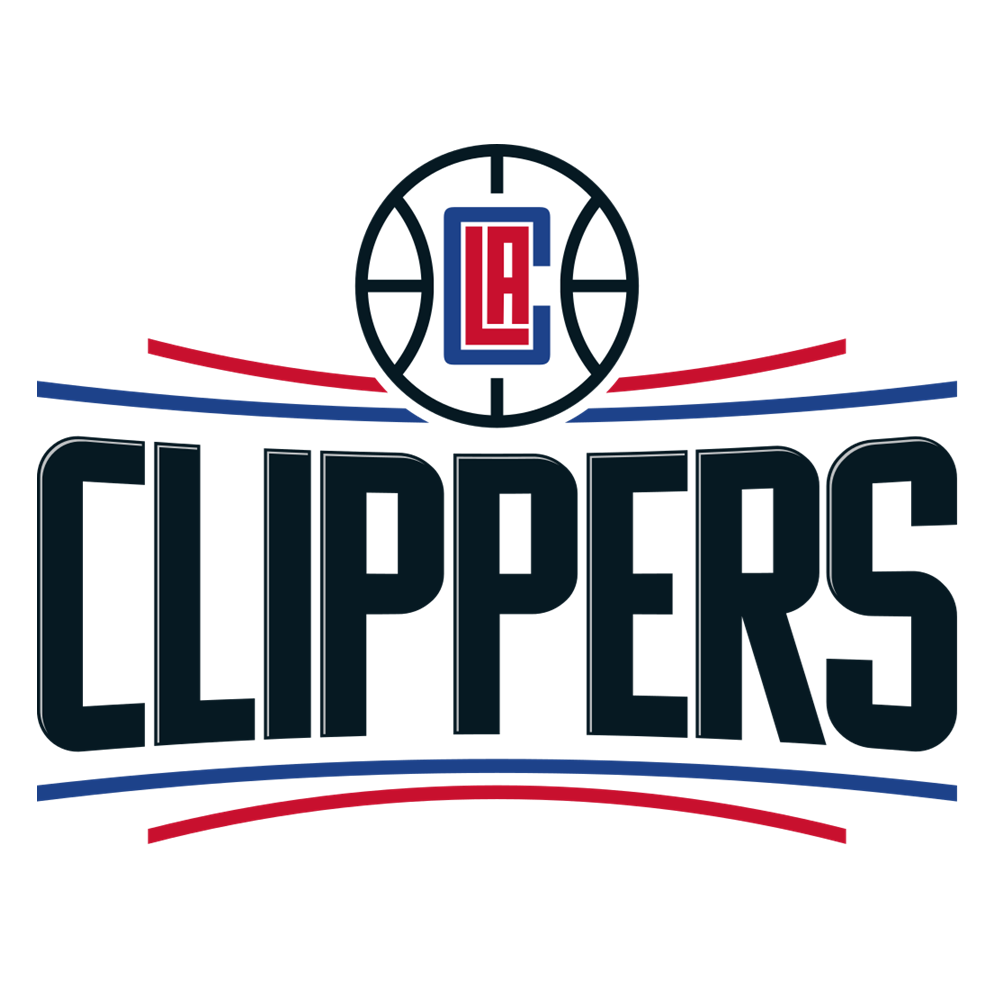With a 108-85 victory in game four of the 2018 NBA Finals over the Cleveland Cavaliers, the Golden State Warriors have won their third NBA title in the last four years.
All four of those years, they made the NBA Finals; all four of those NBA Finals, they played the Cavaliers. Along the way, the two have had some great battles, between both their teams and their superstar individuals.
The Cavaliers were the only team to stop the Warriors during this all-time-greatest four season run of theirs, winning in the 2016 Finals through a combination of individual heroism by LeBron James, top wingmanning from Kyrie Irving, and a series of dovetailing errors and mishaps from the Warriors that saw Cleveland overturn a 3-1 deficit and make some history of their own. There have been phenomenal individual performances and great battles, not least of which was game one of this series, in which James's spectacular 51-8-8 performance still came up short amid an amazing climax. It has, at times, been a truly great rivalry.
However, last night's game was not that. Game four last night was a walkover. From the very start of the game, when Stephen Curry dropped nine early points and built up a 13-5 lead, the Warriors' superiority was never truly challenged.
The Cleveland Cavaliers, finally, were broken.
The Warriors built up an early lead through the inspired play of Curry, a man who set out to prove a point. Curry came out gunning, scoring 9 of the Warriors' first 13 points, finishing with 12 in the first quarter, and 20 in the first half. Along the way were a couple of classic Curry soul-crushingly difficult three-pointers, the very kinds of shots he was not making in game three - if there can be such a thing as a dagger shot with 45 minutes of the game still remaining, Curry made it.
Flanked by Kevin Durant (who went to on record a triple-double and win the Finals MVP award for the second consecutive season by doing exactly what he was brought here to do) and Andre Iguodala (who only managed one good game in the series as he struggled with his health, but who could not have picked a better time to become the league's best three-and-D role player), the Warriors were at their barraging best. Every trap was met with an extra pass and a cut, every Cavaliers offensive play had been planned for, and every backtap it seemed was theirs. They were not even as handicapped by their own complacency as usual.
The Warriors, pretty much, were at their best. And Cleveland were not even nearly at theirs. The Cavaliers no longer had a chin. They could take no more punches. And LeBron James's own punch of a blackboard after game one was, it seems, the last one they had left to swing.
There is, perversely, a certain dark irony to the Warriors’ win for LeBron James personally. As the league’s best player over the last 15 years and the most legitimate contender to Michael Jordan’s hitherto undisputed Greatest Player Ever title, James has carried a degree of fame, power and leverage that no other player in the post-Jordan era has had. And he has used it;
It has always been said that players (star ones, at least) wield the power in this league, yet outside of the occasional trade demand, rarely did they ever use it when it comes to their place on the market. LeBron certainly has, though. From being possibly the first to sign a four-year maximum value rookie contract extension with a player option in the final year - thereby allowing himself to become a free agent after seven seasons, at which point players are eligible to earn more money for some reason - to actually changing teams via free agency in a way that incredibly few superstar players have ever done, LeBron has wielded his power for a long time.
By leaving the Cavaliers in free agency in 2010, LeBron James normalised the abnormal. Tim Duncan came extremely close to leaving the San Antonio Spurs for the Orlando Magic at one time, but was talked out of it at the last minute. Kobe Bryant threatened to joined the Chicago Bulls and L.A. Clippers at various times, yet ultimately just kept re-signing with the L.A. Lakers. So did Dwyane Wade in Miami and Paul Pierce in Boston during their meaningful prime years. Dirk Nowitzki never looked close to leaving the Dallas Mavericks; Allen Iverson, Kevin Garnett and Chris Paul left only by trades, even if they did have some leverage to catalyse them. Although Shaquille O’Neal had done it when moving to the Lakers from the Magic back in 1996, no true superstar in a generation (in NBA terms) had moved teams via free agency. Not until LeBron did it.
Beyond that lies how he did it. Since returning to the Cavaliers in 2014, LeBron has pioneered a new orthodoxy. The contracts to which he has re-signed have been always short, normally one-year deals, and in doing so, his ever-present threat of impending free agency routinely forced his team to go on the hurry-up. In doing so, he controlled the future of the team via his own status as an individual. And in doing so, he showed other superstars the benefits (and possibility) of moving teams via short term deals.
Concurrent with this, or near enough, was the renewing of the league's TV rights deals, which in late 2014 were signed with massive, massive increases over previous deals. The league's team salary and all its concomitant parts are based off of one big mysterious figure - something the league terms Basketball Related Income (BRI). An awful lot of things count towards the NBA's total BRI, and the TV rights deal is one of the biggest. Essentially, then, with a whole lot more money now coming in, the salary cap grew very quickly. And LeBron even had a hand in that, too.
On 13th February 2015, LeBron James was voted in as the Vice-President of the NBA Players' Association. One of his first acts was to have to assess the NBA's proposal - rather than have the massive salary cap explosion happen in one season, the NBA proposed to make the increases more gradual over time, thereby balancing the new revenues out between players more evenly (or so they said). Such an idea was only a proposition, however, not an edict; all such matters are collectively bargained between the league's owners and the league's players. And so the Player's Association essentially had veto power.
And they used it.
Four weeks later, the NBPA, led by Vice-President James and President Chris Paul, voted to reject the NBA’s proposal. The artificially lowered cap for the summer of 2016 did not happen; instead, the cap jumped massively from an even $70 million in 2015/16 to a new figure of $94.143 million in 2016/17, an as-near-as-is 134.5% increase on the previous season. And so any player who stood to be a free agent in the summer of 2016 thus stood to make a lot more money very quickly than they would otherwise have done.
It is not the intent of this space to explore whether that was the right or the wrong decision. We need only note that this decision in turn led to a massive 2016 free agency overspend. In anticipation of this cap spike, as many teams as possible sought to create salary cap space in order to take advantage of this newfound flexibility - indeed, the increases were so big that many teams suddenly had a ton of room to work with without having to do much to facilitate it. But there were not nearly enough high-calibre players to merit all these shiny new large salary cap slots as there were slots themselves. Marginal players, then, got very large deals.
Yet to those who were worthy, there was suddenly a market full of realistic options for them in their own free agency. And the main one to take advantage of this market liberalisation was Kevin Durant.
In leaving the Oklahoma City Thunder to join these selfsame Warriors, Durant became the next superstar to walk in free agency. The next man to risk the wrath of the public and the commentariat in pursuit of winning. The legitimate all-time great player who joined an already legitimate all-time great team that had gone an NBA record 73-9 season just prior. Two seasons in Golden State, two titles, two Finals MVPs, all versus the Cavaliers, all versus LeBron James. And all made only possible because LeBron James opened the door.
LeBron showed that the game's very best could walk in free agency. LeBron exhibited the virtues of the game's very best taking much shorter contract than convention had previously dictated. LeBron, directly if certainly not solely, denied the very cap smoothing in his role as Players' Association Vice-President that would have made Durant to Golden State so difficult as to have essentially been rendered impossible. And LeBron was the one who beat the Warriors in 2016, proving to them that they needed yet more help.
In short, LeBron James did quite a lot to build the very team he could not this week beat. The question now is whether LeBron can leverage his power once more to try and claw that margin back.
The Warriors certainly will be back at something pretty much resembling their current form. At some point, they will have to make some payroll sacrifices, for no success makes for a bottomless pot of money. The NBA’s punitive luxury tax measures designed to temper the easy dominance of so-called “super teams” bites any amount of winning eventually, and that bite has already impacted some moves that the team has made at the bottom end of the roster. Eventually it will move its way up. Andre Iguodala, Shaun Livingston...they are nice to have. But it will not last much longer. It cannot last forever. And eventually it might cut into the core four of Durant, Curry, Klay Thompson and Draymond Green.
But even if it does, it will not do so this year. Durant, again a free agent after again taking a short-term deal, will re-sign in some form, while the other three will not be traded. And even if retired Scottish golfer Colin Montgomerie was signed to be the fifth starter for next season, the Warriors would retain their status as the title favourites next year. They may not make the Finals again - there is never any certainty on such matters, especially considering how close they came to being eliminated in the Western Conference Finals this year and saved only by an injury to the aforementioned Chris Paul and a terminal Houston Rockets shooting slump - but they will once again have an incredible chance of making it five in a row.
Cleveland, though, have it all to do.
The obvious concern is that of LeBron's free agency. Despite their enormous trade deadline reload, the Cavaliers' braintrust and new General Manager Koby Altman decided not to trade the Brooklyn Nets' first-round pick in order to get more immediate help for this season. Perhaps due to concerns about how to proceed in a post-apocalyptic dystopian LeBron-less nightmare, perhaps due to planning how to best improve the team beyond this season after LeBron re-signs, or perhaps due to some awkward combination thereof, the team kept the pick, and now needs to use that to rebuild a team that has about as little momentum and prospects going into the subsequent offseason as any NBA Finals loser in recent memory.
This one asset is Cleveland's greatest weapon going into an offseason where they sorely lack for them. Yet irrespective of Cleveland's strategy for improving their lackluster team around James, and even irrespective of Cleveland's ability to convince James to return, James needs to figure out what he wants.
Some, including GiveMeSport's own Bryan Toporek, will argue that LeBron needs to leave the Cavaliers if he is to ever surpass Michael Jordan. Others, myself included, conclude that LeBron will do whatever is the most popular decision for himself and his legacy (that is to say, to continue to have a chance at winning without being considered a sell-out) and that, with family considerations also paramount, the only outcome that allows for competitiveness without sullying his legacy in the perception of the masses is to stay in Cleveland. Which, upon being presented with a boatload of plans for remaining competitive by Altman and company and a commitment to investing in them, he may yet still do.
Either way, no one knows. More than likely, even he does not yet know. James has always kept his cards very close to his chest - there is not much in the way of credible information as to what the priorities are in his own decision-making process, and what factors matter to him the most, let alone knowing the outcome of said process.
But having wielded his great bargaining power for so long now, rest assured he will do it again. Even if this particular incarnation of LeBron's Cleveland Cavaliers were far too impotent to take advantage, Golden State are vulnerable, moreso in years past. The only one to have stopped this dynasty is LeBron James, the man who peculiarly is partly to credit for their success. It is now up to him to decide where he next wants to battle them.
